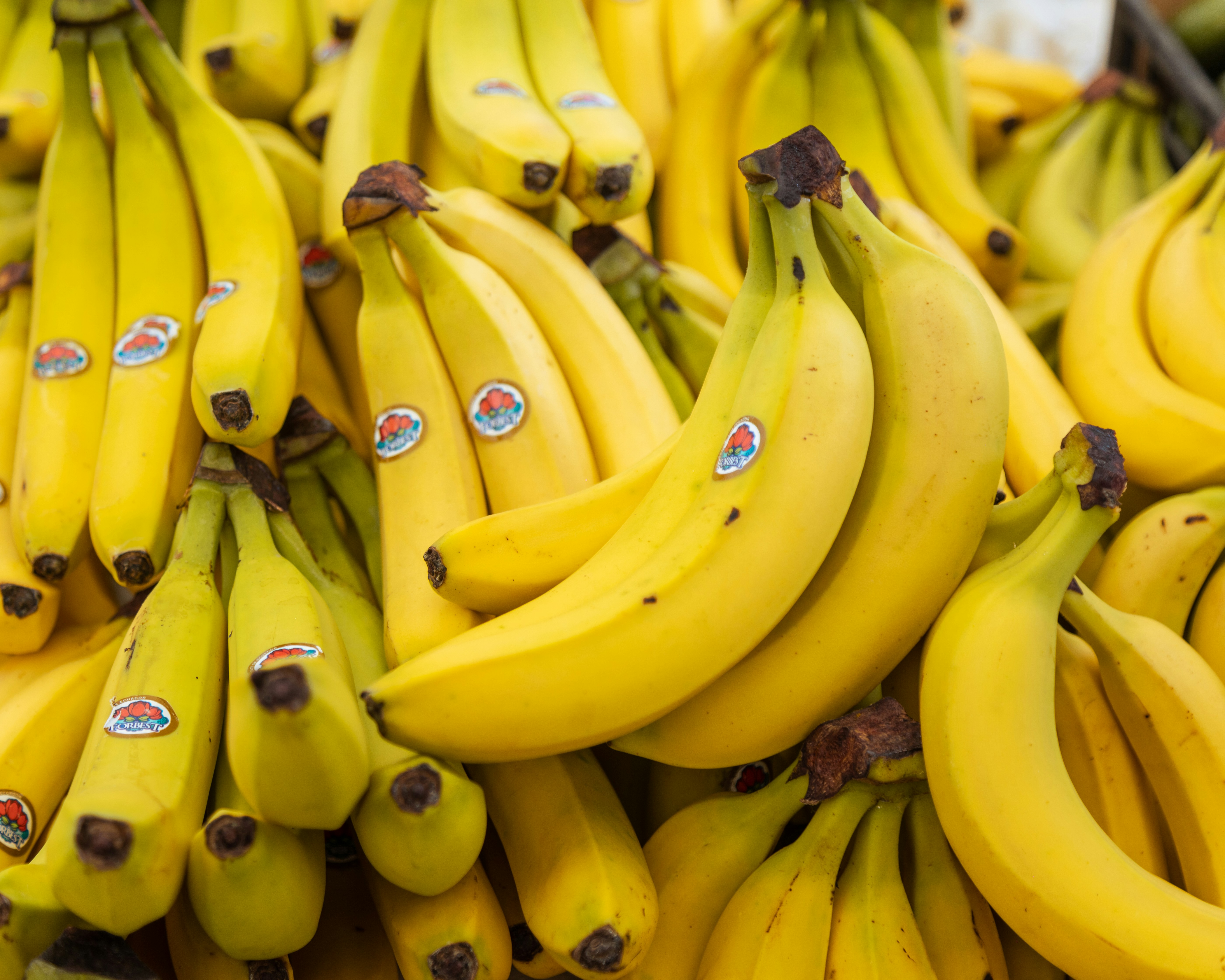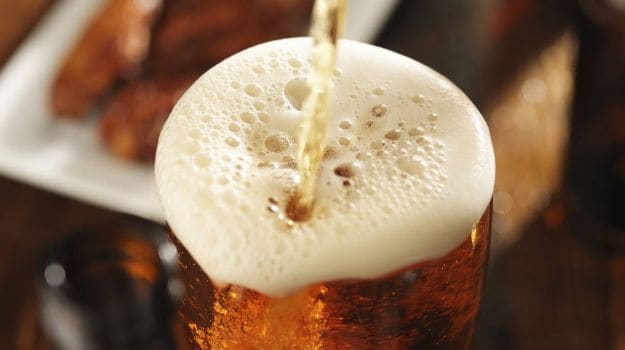With Oktoberfest in full swing, there's some more good news for the beer lovers. You already know that lager beers differ little in taste than the tastier ale beers. Now, researchers have developed new yeast strains that will soon result in sizzling new beer flavours.Compared to lager yeasts, ale yeast ferments more quickly and often produces a sweeter, fuller-bodied and fruitier taste. On the other hand, the uniformity of flavour among lager beers results from a lack of genetic diversity among the yeasts. Genetic studies have shown that lager yeasts result from just two crosses between the parent yeasts - Saccharomyces cerevisiae and S. eubayanus."We figured that if we could create more crosses between S. cerevisiae and S. eubayanus, we would perhaps produce a set of more diverse lager yeasts, which could yield more diverse lager beers,” explained Kevin Verstrepen, professor in genetics and genomics from University of Leuven in Belgium.
The researchers did their best to optimise growing conditions, hoping to encourage mating between the yeasts. "We were able to get some serious multiplication between our yeasts which resulted in hundreds of new lager yeast strains," Verstrepen added.Of 31 new strains that they tested in small scale beer fermentation, 10 performed reasonably well in terms of speed of fermentation and flavour. They then tested the four best in full scale fermentation."Two were magnificent. They fermented more quickly than the commercially used reference lager yeast that we compared them to, and they produced really nice flavours,” the authors noted."The different lager yeasts that we created showed very different aroma profiles compared to today's commercially available lager yeasts," noted study lead author Stijn Mertens.The results mean that it is now possible to make lager beers that, like ale beers, are more different from each other. The paper was published in the journal Applied and Environmental Microbiology.
The researchers did their best to optimise growing conditions, hoping to encourage mating between the yeasts. "We were able to get some serious multiplication between our yeasts which resulted in hundreds of new lager yeast strains," Verstrepen added.Of 31 new strains that they tested in small scale beer fermentation, 10 performed reasonably well in terms of speed of fermentation and flavour. They then tested the four best in full scale fermentation."Two were magnificent. They fermented more quickly than the commercially used reference lager yeast that we compared them to, and they produced really nice flavours,” the authors noted."The different lager yeasts that we created showed very different aroma profiles compared to today's commercially available lager yeasts," noted study lead author Stijn Mertens.The results mean that it is now possible to make lager beers that, like ale beers, are more different from each other. The paper was published in the journal Applied and Environmental Microbiology.
Advertisement
For the latest food news, health tips and recipes, like us on Facebook or follow us on Twitter and YouTube.
Tags:










